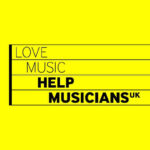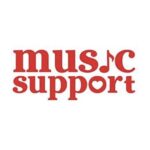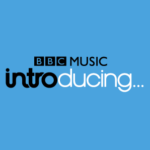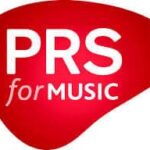When it comes to promoting yourself on social media as a musician, there is still one staple that you simply can not afford not to use – Facebook. However, Facebook is now so universal that some musicians misunderstand its subtleties and don’t properly take advantage of them.
As such, we’ve put together this handy guide on how to promote yourself as a musician on Facebook by standing out from the crowd and growing your following. But first, let’s get a better understand of where Facebook comes from.

The history of Facebook
How Facebook became the cultural phenomenon today has been the subject of everything from online articles to the major Hollywood film The Social Network (written by The West Wing creator Aaron Sorkin and starring Jesse Eisenberg). However, here is a slightly more succinct look into its past.
The origins of Facebook have always been somewhat unclear and, to some, controversial.
Then 19-year-old Harvard sophomore Mark Zuckerburg started thefacebook.com in 2004. It came after he tried several other ideas, with sites like Facemash (a site for rating his fellow students) proving popular on campus.

It’s been alleged several times that the idea was not an original one. It’s been alleged the plans for a facebook-style social network for Harvard were created by Cameron Winklevoss, Tyler Winklevoss, and Divya Narendra went on to sue Zuckerburg. Facebook would eventually settle their suit.
Originally only being open to Harvard students, Facebook would go on to be available right across the Ivy League. After seeing mass sign ups, Facebook would eventually be made open to the public.
The company would receive its first “angel” investment of $500,000 from Peter Thiel, who was introduced to the company by Napster founder Sean Parker.
Expanding rapidly over the coming years, Facebook would go on to make Mark Zuckerburg the world’s youngest multi-billionaire. Though its functionality has continually changed over the years, including everything from online marketplaces to temporary image “story” sharing, it has still stayed true to its core principle of being a site for social networking.
Ten top tips for musicians starting or running a Facebook page
1. Research similar accounts
This is especially important for new pages but can also be useful for those with an established following. It doesn’t matter whether they are huge international names or local independent musicians; you can still learn form their pages. Find bands in a similar genre to yours and check out what sort of content works for them. Before you have a big audience of your own to get this information from, this can be a great place to start when looking for leads on good content.
2. Secure your name
Once you’ve decided on a band name, you should always try and secure as many relevant social media handles as possible. Even if you don’t plan to use them straight away, at least they then belong to you and not someone else! You can start a Facebook fan page for your band by following these steps:
- Follow this link to create a Facebook page.
- Click on the “Artist, Band, or Public Figure“ button
- You will then have the option to select the “musician/band” category
- Enter your band or artist name, read and agree to the Terms of Service.
3. Select a professional URL
Facebook allows its band pages to pick their own web address that gets tagged on the facebook.com site address. When doing this, try and keep it looking professional. If your original name is taken (and you should always research this before naming your band), then using something like /mybandnameUK or /mybandnameOfficial is going to look much better than some of the alternatives that Facebook is going to suggest (adding a bunch of numbers, for instance).
4. Select strong header & profile images
Facebook header and profile pictures are a very important part of creating an attractive looking profile. The latest Facebook update also lets you utilise short video clips as your header image, which may prove handy.
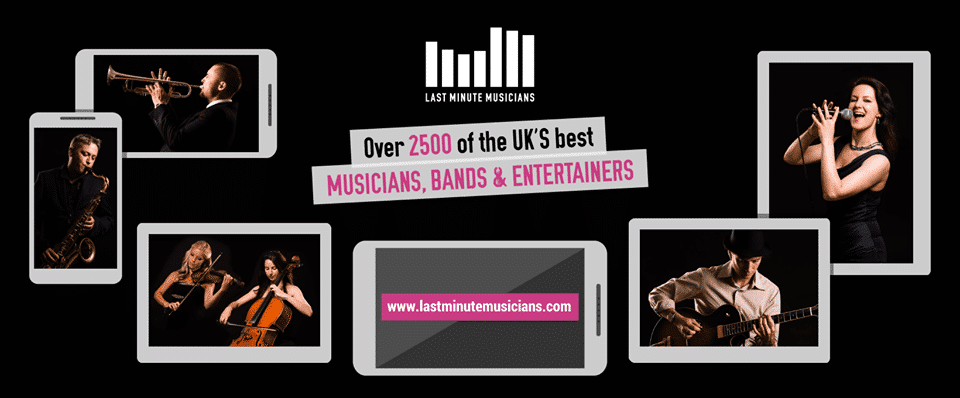
5. Consider whether to sync with other social media
Facebook allows you to sync your account with other forms of social media like Instagram and Twitter, making sure that posts go across all platforms. That said, while it is convenient, you may want to consider carefully whether this is the right move to make.
There is an argument that all social media platforms are different and should be treated as such. Visual content may be better for Instagram; content that you want to add many hashtags to may be better on Twitter etc. Plus, posting too regularly can annoy your audience.

6. Get to know your audience
If you already have a Facebook page for your band or music project, it’s important to establish what kind of content your audience will react to. What time are they likely to be online for big announcements? What kind of mix of content will they react to? Going through past posts can help with this, as well as using analytics.
7. Consider your content mix
Many high profile Facebook pages will post content that is specifically related to them but mix in some generally entertaining content that may be more tenuously linked but likely to garner a response from the audience.
8. Watch the use of hashtags
As eluded to in a previous point, each social media platform is radically different. While Facebook now allows hashtagging, it is still something of a novelty and adding as many as you would on, say, Instagram may not be a good idea.
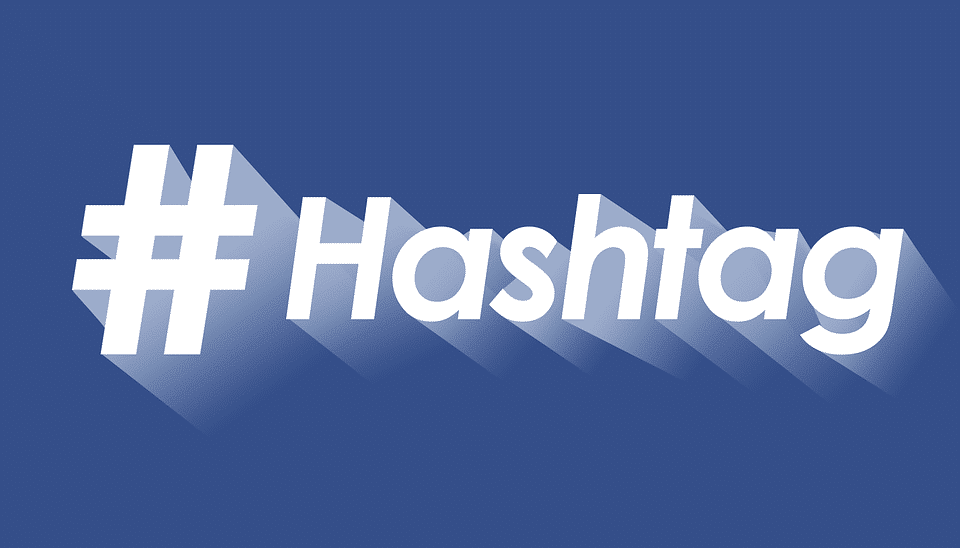
9. Utilise Facebook live
Facebook Live has been one of the best updates for bands… for a start; it gives all of your followers a notification when you activate it! Try live streaming parts of gigs, rehearsals or big announcements. Just don’t use it too often!
10. Keep it updated regularly
Far too many bands seem to abandon their pages after their first few posts or let it go months at a time before posting. One of the best ways to ensure you keep your audience engaged is by regularly posting content.
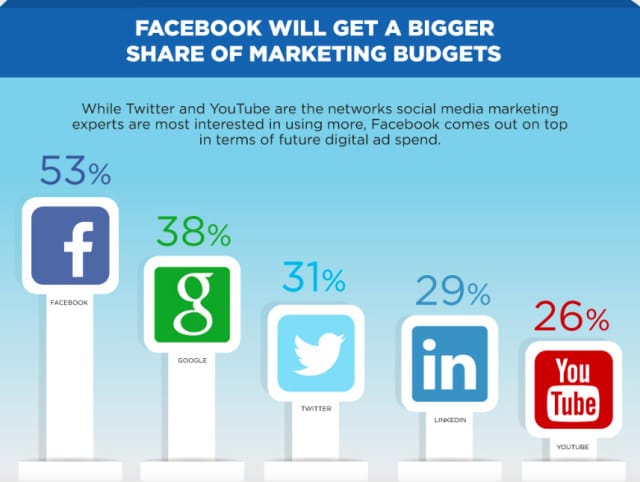
Facebook pages to like
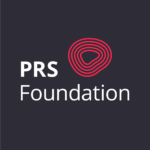

If you enjoyed this blog, you may also want to read the Top 15 Facebook Groups for musicians!
Do you have any good advice for musicians on Facebook? What do you find works well for you band? Leave your thoughts in the comments below…
Share this:







